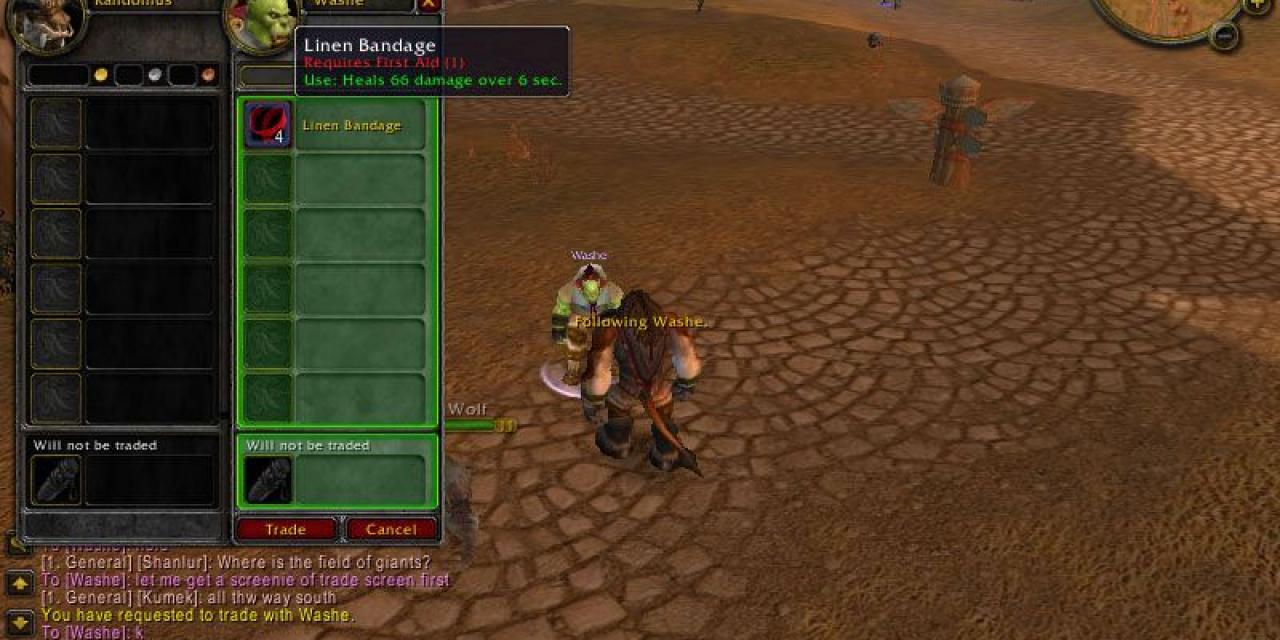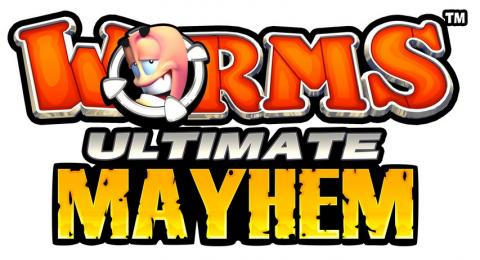
Following China's lead, both Sweden and South Korea are actively working on legislation to tax in-game virtual transfer of virtual items.
We are not talking about taxing the sales of virtual for real money; this is already taxable in most countries. What the 2 countries are considering is the simple in-game trading between players with no real money involved.
Professor Edward Castronova of Indiana University ridiculed the idea. "I think it's an extraordinarily dangerous development. It's as if every time I played soccer in my backyard and scored a goal, I would have to pay the government three euros. It takes away the game's contribution to human happiness."
But Loyola Law School professor Theodore Seto explained the legal rationale for taxation:
"You can exchange your Lindens for dollars or Euros on a floating exchange rate any day at any time, without limit... It's easier to tax virtual transactions than it is to tax real-world transactions. The neat thing about it is, all transactions can be recorded. In the real world, we don't have that..."
"If 'gold' is not exchangeable for currency, and it's contrary to the rules, and they make it technically difficult to make the exchange, then I think we should treat the events in World of Warcraft as games. By contrast, Second Life actively markets itself as a venue for making real money."








